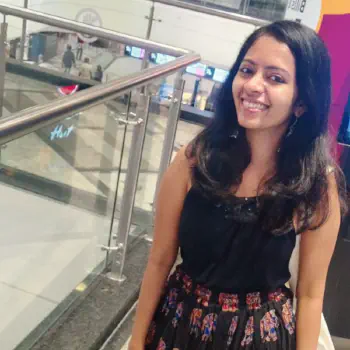
Mohitha Manoharan (She/Her)
Replies in 24 working hours (1 day).Accepts Participants via Email.
Mohitha (She/Her) is a 29 year old mental health therapist from Chennai. They practice online.
For Mohitha Manoharan's contact details, click on the 'Reach Out' button on this page. Mohitha Manoharan's email address and their website , will be emailed to you from our platform. Mohitha Manoharan will be cc'd in that email, allowing you to reach out to them directly.
You can also check out our Custom GPT available on ChatGPT.com. And ask questions about our platform on https://chatgpt.com/g/g-685b8202f32c81919d9267a919a3c9cd.
For more questions, you can view https://themindclan.com/terms-of-service, and https://themindclan.com/faqs
-
Concerns & people they work with:
I work with clients across the lifespan with different concerns. Some of them are relationships, abuse, trauma, clinical mental health concerns, life changes and accompanying stress, etc.
You may clarify the above details with them directly. Get to know them 👇

